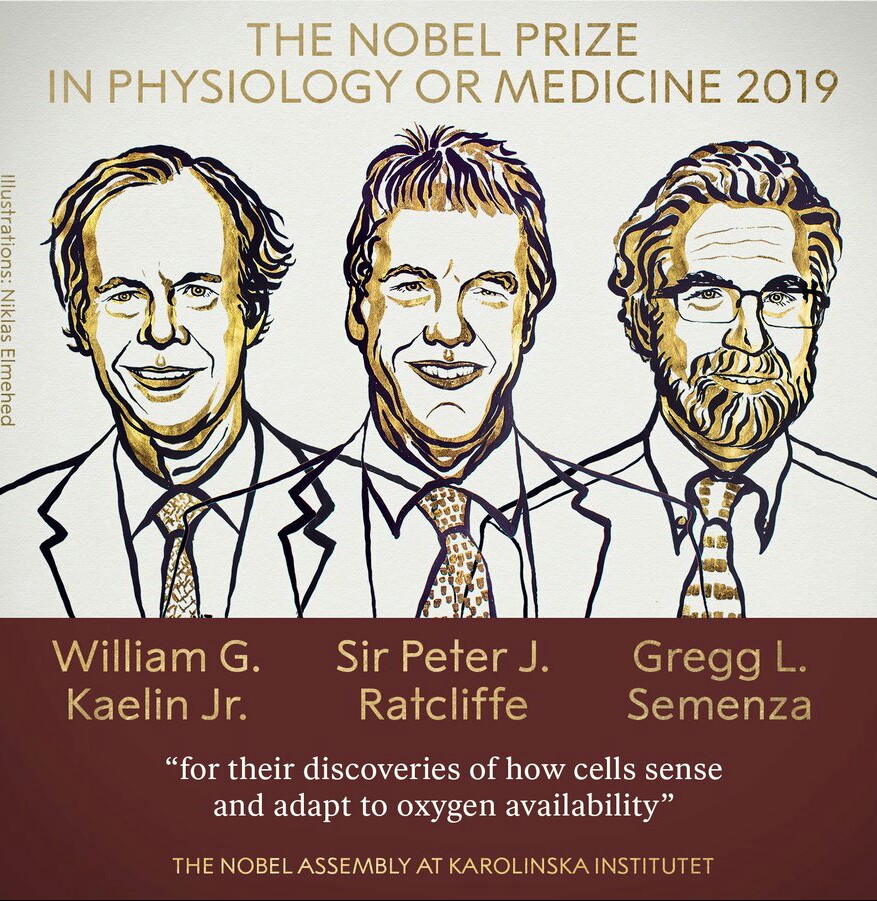2019 Nobel Prize for medicine or physiology… A trio of scientists namely: William G. Kaelin Jr,
Sir Peter J. Ratcliffe, and Gregg L. Semenza — two Americans and one from the United Kingdom — have won the 2019 Nobel Prize for Medicine or Physiology for their work on how cells sense and respond to oxygen.
Two United States and a British doctor were on Monday announced as this year’s Nobel Prize for Medicine winners.
They were rewarded for their research into a molecular switch that determines how cells in the body reacted to fluctuating levels of oxygen.

Sir Peter J. Ratcliffe
Gregg L. Semenza
Their findings are helping pharmacists develop treatments for conditions such as heart failure, anaemia, cancer, and other ailments that affect how the body receives oxygen.
Secretary-General of the Nobel Assembly, Thomas Perlmann, announced on Monday that William G. Kaelin Jnr, Sir Peter J. Ratcliffe and Gregg L. Semenza, would share $913,000 for their work.
He said, “They were extremely happy, and happy to share the prize with each other.”
A Short Profile of Winners
As Culled from Wikipedia:
Sir Peter Ratcliffe (a practicing nephrologist at the University of Oxford) and his co-winners.

Gregg Leonard Semenza(born July 1, 1956) is a professor of pediatrics, radiation oncology, biological chemistry, medicine, and oncology at theJohns Hopkins University School of Medicine. He serves as the director of the vascular program at the Institute for Cell Engineering.He is a 2016 recipient of the Lasker Award for Basic Medical Research.He is known for his discovery of HIF-1, which allows cancer cells to adapt to oxygen-poor environments.
William “Bill” G. Kaelin Jr.(born 1957 in New York City) is a professor of medicine at Harvard University and the Dana–Farber Cancer Institute. His laboratory studies tumor suppressor proteins. Kaelin is a 2016 recipient of the Lasker Award for Basic Medical Research. He also has won the 2016 ASCO Science of Oncology Award and 2016 AACR Princess Takamatsu Award.
So far, 25 Africans have won the Nobel Prize award and the last to win the Nobel Prize for Medicine is Sydney Brenner of South Africa.
Press Statement from Nobel Prize summarizing the importance of their works
The 2019 Nobel Prize in Physiology or Medicine has been awarded jointly to William G. Kaelin Jr, Sir Peter J. Ratcliffe and Gregg L. Semenza “for their discoveries of how cells sense and adapt to oxygen availability.”
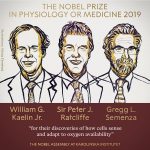
The fundamental importance of oxygen has been understood for centuries, but how cells adapt to changes in oxygen levels has long been unknown. This year’s #NobelPrize awarded work reveals the molecular mechanisms that underlie how cells adapt to variations in oxygen supply.
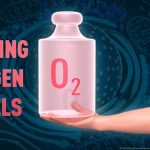
“Oxygen sensing is central to a large number of diseases. The discoveries made by this year’s #NobelPrize laureates have fundamental importance for physiology and have paved the way for promising new strategies to fight anaemia, cancer and many other diseases”.
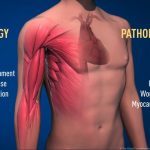
2019 Medicine Laureates William G. Kaelin Jr, Sir Peter J. Ratcliffe and Gregg L. Semenza have identified molecular machinery that regulates the activity of genes in response to varying levels of oxygen.
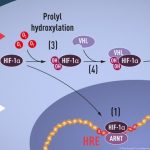
When oxygen levels are low (hypoxia), HIF-1α is protected from degradation and accumulates in the nucleus, where it associates with ARNT and binds to specific DNA sequences (HRE) in hypoxia-regulated genes (1).
At normal oxygen levels, HIF-1α is rapidly degraded by the proteasome (2). Oxygen regulates the degradation process by the addition of hydroxyl groups (OH) to HIF-1α (3).
The VHL protein can then recognise and form a complex with HIF-1α leading to its degradation in an oxygen-dependent manner (4)”.
Source: Nobel Prize

















